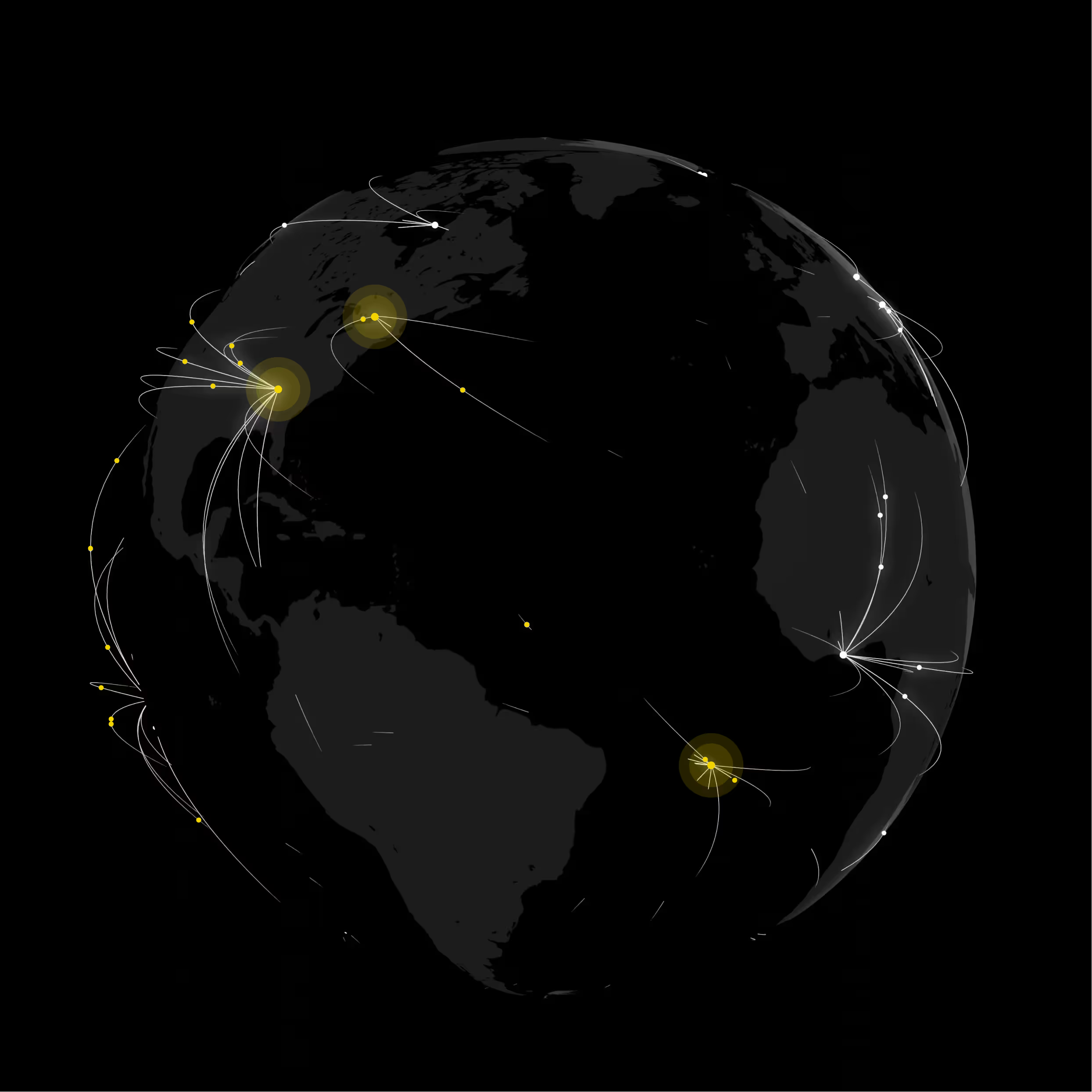
Get Street-Level Insights
Pensacola, Florida, a city with a rich military heritage, has a crime rate that is a point of concern for residents and officials alike. The city, known for its vibrant history and beautiful Gulf Coast beaches, has taken strides to address crime and ensure public safety. Due to its significant naval presence, Pensacola is often referred to as "The Cradle of Naval Aviation" and is home to the Naval Air Station Pensacola. The base has been central to the city's economy and identity since its establishment.
In recent years, efforts have been made to revitalize downtown Pensacola, attracting both businesses and tourists to the area. Despite these positive changes, crime in Pensacola remains a topic of conversation, with incidents of property crime and occasional violent crime affecting perceptions of safety. Local authorities have been working to reduce crime in Pensacola, with community outreach and increased police presence in certain areas. Protests in Pensacola have historically been peaceful, although law enforcement maintains a strategy for crowd control and ensuring public order during such events.
Local Security Tips
- Pensacola Beach: Stay aware of your belongings, as busy beaches can attract petty theft. Always swim in designated areas with lifeguards.
- Historic Downtown: Enjoy the walkable streets but be vigilant after dark; park in well-lit areas.
- Pensacola Lighthouse & Maritime Museum: Keep personal items close and lock your vehicle when visiting this famous landmark.
- National Naval Aviation Museum: Security is generally tighter due to the military connection. Stay observant and follow all rules provided by museum staff.
Local Regulations
Firearm Policy
Pensacola follows Florida state law regarding firearms. Open carry is generally not permitted, but concealed carry is allowed with a proper license. Firearms must be securely stored and should not be displayed in public spaces.
Public Drinking Policy
Public drinking is prohibited in most public spaces within Pensacola. You may consume alcohol in designated areas and establishments that have the appropriate licensing. It's important to follow local ordinances to avoid fines.
Emergency Contact Lists
Department for non-emergency services:
Non-Emergency Police Services: +1 (850) 435-1900
Leading Hospitals:
- Baptist Hospital: +1 (850) 434-4011
- Sacred Heart Hospital: +1 (850) 416-7000
- West Florida Hospital: +1 (850) 494-4000

Make Data Driven Security Recommendations

Know the neighborhood
Boundary maps make it easy to see the varying risk profile of communities within a city.

Identify hotspots
Heat maps demonstrate specific areas where relevant activities are known to be concentrated.

Delve into the details
Drill down to the latitude longitude of individual events for maximum context informing security recommendations.












